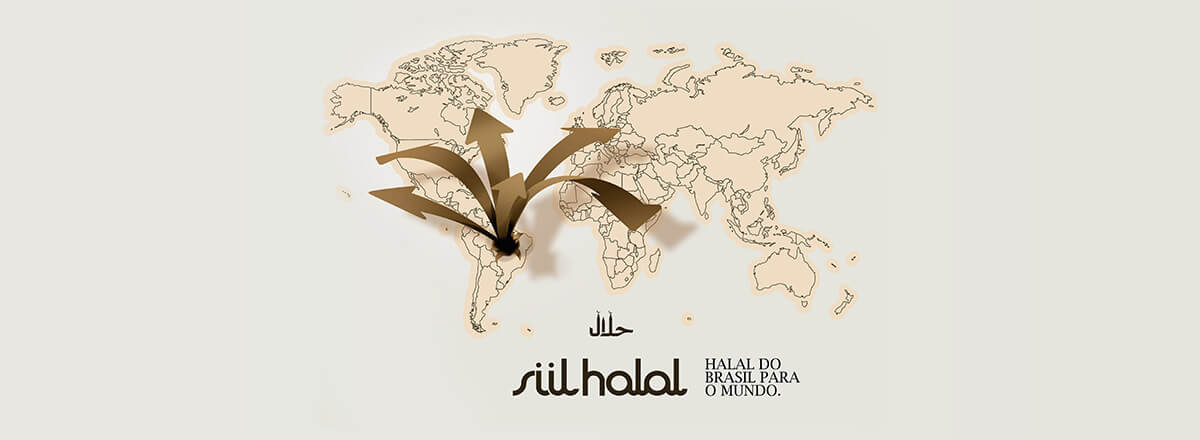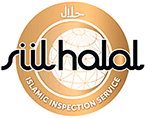Halal Market

Halal certification for opening of new markets
Certification is the process by which an accredited party, SIILHALAL – The Islamic Inspection Service visits an organization, evaluates its production system and issues a certificate to demonstrate that it meets the requirements of the Halal standards.
Once the company has received its certificate, SIILHALAL, as the certifying body, visits the organization regularly to assess whether the company continues to meet the requirements of the standards.
Global market
More than 110 countries market Halal products
Muslims living in
North America
Muslims living in
Europe
Muslims living in
Africa
Muslims living in
Middle East
Muslims living in
Asia
Muslims living in
Latin America
The Halal food trade is gaining increasing importance in the global market. The need to ensure the quality and safety of products are fundamental to encourage production and benefit Brazilian exports.
The concept of traceability affects the entire production chain, from the producer, through the equipment used, service providers, suppliers and industries, points of sale, to the consumer. Therefore, the SIILHalal company guarantees the commitment to its customers and their products with Halal certificates.
Halal products are estimated as being marketed in more than 110 countries and consumer surveys have pointed out that many other non-Muslim consumers also choose Halal certified products because they believe the process ensures food safety.
According to Islamic associations, there are approximately nine million Muslims living in North America, 20 million in Europe, 300 million in Africa, 200 million in the Middle East, 800 million in Asia, and three million in Latin America, which is therefore, a promising and practically unknown market for Brazilian exporters, who traditionally export only to Arab countries.
Halal certification of products is the correct tool to promote the product and companies in the domestic and international market.
+55 (49) 3311.8588
Chapecó – Santa Catarina - CEP:89.802-420
